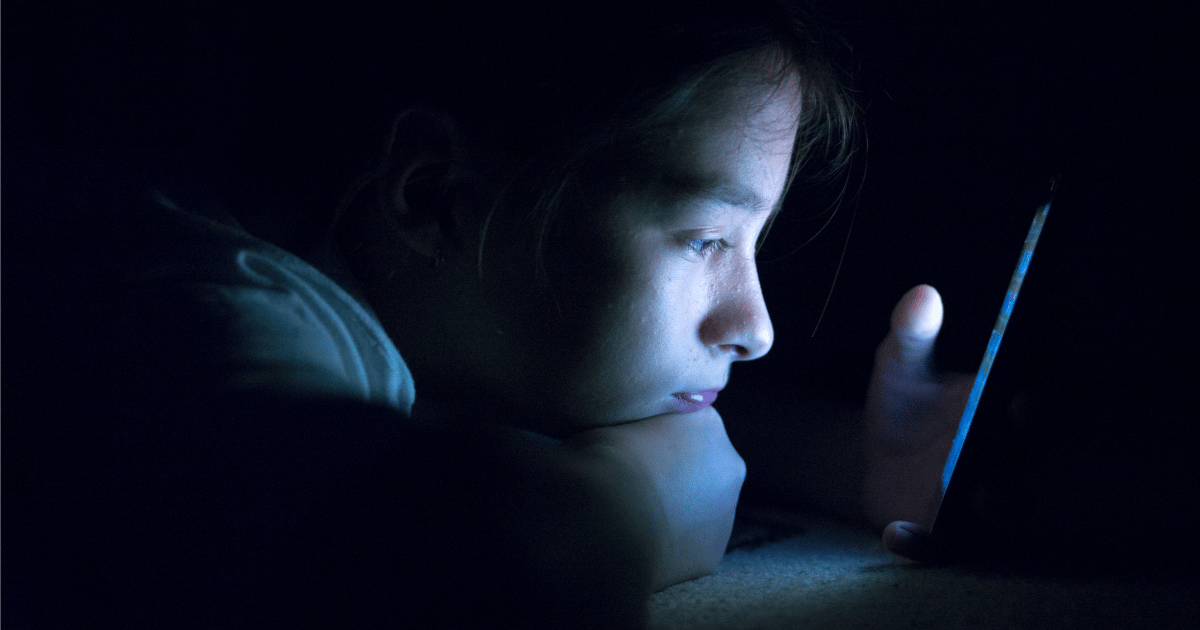A 23-page report seen by The Australian allegedly shows Facebook uses algorithms to collect data on the emotional state of young people, in order to allow advertisers to target them at their most vulnerable.
The publication said that by monitoring people’s activity, Facebook can determine when young people feel “stressed”, “defeated”, “overwhelmed”, “anxious”, “useless” and more. The network can then, allegedly, identify “moments when young people need a confidence boost”.
According to The Australian, “the document lays out how the world’s biggest social network is gathering psychological insights on 6.4 million ‘high schoolers’, ‘tertiary students’, and ‘young Australians and New Zealanders … in the workforce’ to sell targeted advertising”.
A Facebook spokesperson told Mamamia, however, that the research has been misrepresented, and “was never used to target ads”.


